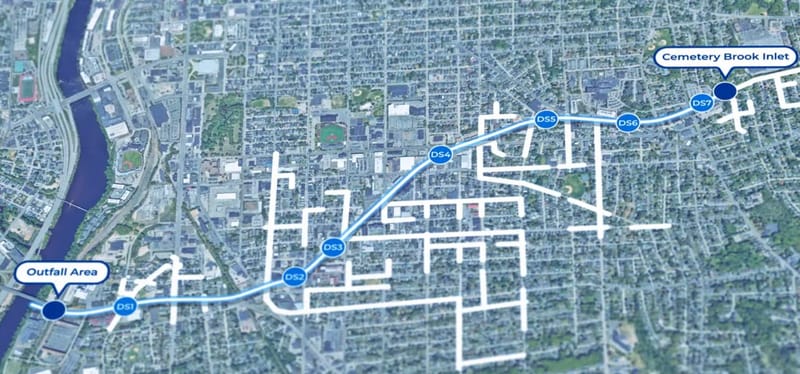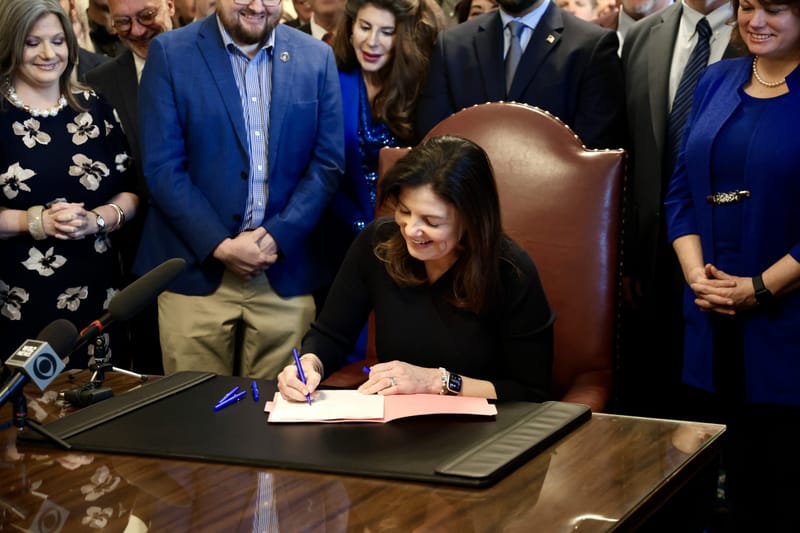What happens to your lungs when you quit smoking after 3 days, 3 weeks, and 3 years
Whether you’ve been smoking for a few years or several decades, it’s never too late to quit, and your lungs will start to recover almost immediately. Here’s what happens to your lungs in the weeks, months, and years after quitting—and how a low-dose CT scan can help save lives.

MEDICAL MATTERS

As a thoracic surgeon, I spend a lot of time talking to patients about the impact of smoking on their risk of lung cancer, breathing capacity, and overall health. But what often surprises people is how quickly their body, especially the lungs, begins to heal once they quit smoking. The lungs are remarkably resilient, and the improvements after stopping can make a big difference in how you feel and breathe.
Whether you’ve been smoking for a few years or several decades, it’s never too late to quit, and your lungs will start to recover almost immediately. Here’s what happens to your lungs in the weeks, months, and years after quitting—and how a low-dose CT scan can help save lives.
How low-dose CT screening saves lives
One important step to take after you stop smoking is getting a low-dose CT (LDCT) lung cancer screening. Low-dose lung screening CT scans for smokers who have smoked one pack a day for 20 years and are between the ages of 55 and 80 have been shown to identify early lung cancer. This allows the patient to be treated with a much higher long-term survival rate and may reduce overall lung cancer deaths by 20%. LDCT is a powerful tool to detect lung cancer early—before symptoms appear. Elliot Hospital offers minimally invasive robotic diagnostic biopsy and surgery to treat lung cancer with minimal pain and enhanced recovery.
The bottom line: quit smoking and get screened
Quitting smoking is the best thing you can do for your lungs and your overall health. Your lungs begin to heal in just a few weeks, and the improvements are life-changing in three years. Combine that with low-dose CT screening, giving yourself the best chance at a long, healthy life. For more information and tips on how to stop smoking, visit the CDC’s Quit Smoking website.
Dr. Curtis Quinn performed his undergraduate medical school general surgical training and cardiothoracic surgical training at Tufts University in Medford, MA, and Tufts Medical Center in Boston. He is board-certified in surgery and thoracic surgery and practices at Elliot Thoracic Surgery in Manchester, New Hampshire.
Elliot Health System is a non-profit organization firmly rooted in our community, serving the healthcare needs of patients since 1890. More at ElliotHospital.org.
Medical Matters provides you with expert tips and information on today’s health topics. For questions or comments, please contact contributions@solutionhealth.org.





